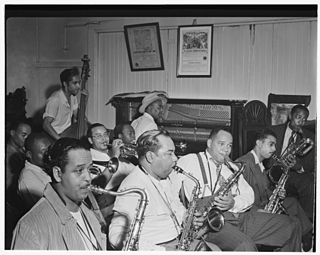A Quote by Michel de Montaigne
Everything must not always be said, for that would be folly.
Related Quotes
Art is theft”) and Igor Stravinsky (“Lesser artists borrow, great artists steal”), I’ve always stolen from the people I admire – not plagiarized, mind you, but stolen bits of ideas and stylistic influences. If you steal widely enough, after all, your models are inevitably changed and the result is in the end completely yours. Kleon cites André Gide to this point, in a quotation I love: “Everything that needs to be said has already been said. But, since no one was listening, everything must be said again.
Years ago I was at a function, and I must have said something really rude to Paul Daniels the magician. I can't recall what I said, but I remember him looking utterly crestfallen. I'm not that sort of person, but I must have said something very cutting and belittling. Our paths haven't crossed since, but if they had, I would have said sorry to him.
Folly, thou conquerest, and I must yield!
Against stupidity the very gods
Themselves contend in vain. Exalted reason,
Resplendent daughter of the head divine,
Wise foundress of the system of the world,
Guide of the stars, who are thou then, if thou,
Bound to the tail of folly's uncurb'd steed,
Must, vainly shrieking, with the drunken crowd,
Eyes open, plunge down headlong in the abyss.
Character in many ways is everything in leadership. It is made up of many things, but I would say character is really integrity. When you delegate something to a subordinate, for example, it is absolutely your responsibility, and he must understand this. You as a leader must take complete responsibility for what the subordinate does. I once said, as a sort of wisecrack, that leadership consists of nothing but taking responsibility for everything that goes wrong and giving your subordinates credit for everything that goes well.
What God may hereafter require of you, you must not give yourself the least trouble about. Everything He gives you to do, you must do as well as ever you can, and that is the best possible preparation for what He may want you to do next. If people would but do what they have to do, they would always find themselves ready for what came next.
After I had been studying with him for two years, Schoenberg said, ‘In order to write music, you must have a feeling for harmony.’ I explained to him that I had no feeling for harmony. He then said that I would always encounter an obstacle, that it would be as though I came to a wall through which I could not pass. I said, ‘In that case I will devote my life to beating my head against that wall.’










































